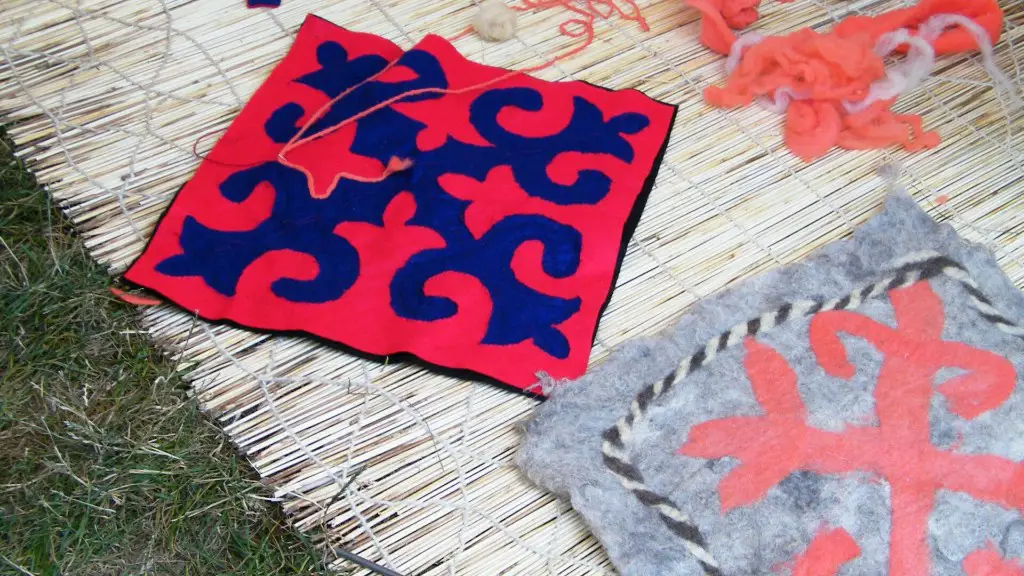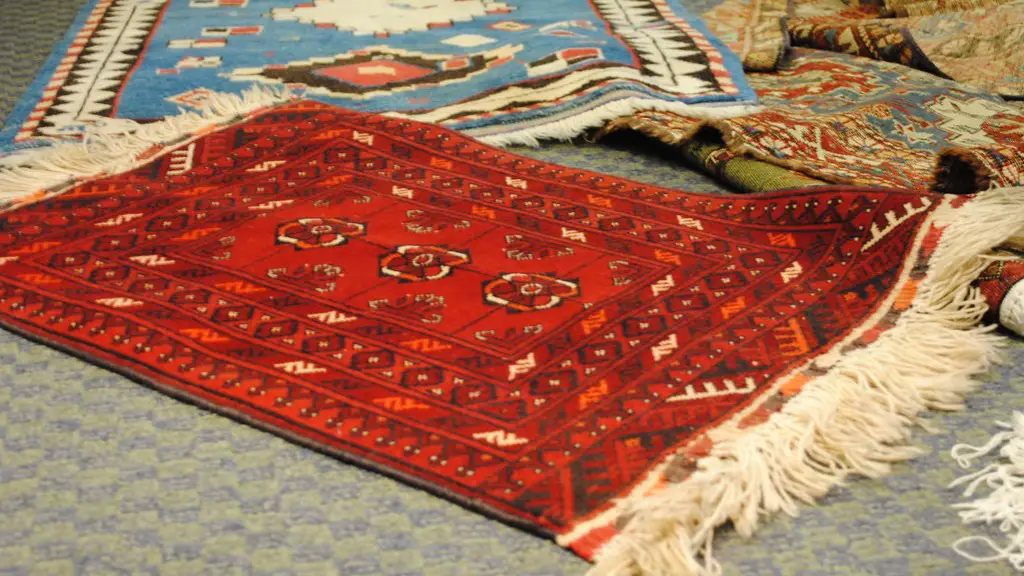If you’ve accidentally spilled epoxy resin on your carpet and it’s dried, don’t panic! There are a few simple steps you can follow to remove it. First, use a putty knife or other sharp object to scrape off as much of the dried epoxy as you can. Next, apply a generous amount of acetone-based nail polish remover to the affected area and let it soak in for a few minutes. Once it’s had a chance to soften the epoxy, you should be able to scrub it away with a brush or cloth. If there’s still some residue left behind, you can try repeating these steps or using a carpet cleaner with strong solvents.
The best way to remove dried epoxy resin from carpet is to scrape it off with a razor blade or a putty knife. You can also try using a heat gun to soften the resin, which will make it easier to remove. If the resin is really stubborn, you may need to use a chemical stripper.
Can resin be removed from carpet?
If you have a spill on your carpet, it’s important to clean it up as soon as possible. The longer a spill sits, the harder it will be to remove. To clean a spill, start by vacuuming or blotting up the excess. Then, apply rubbing alcohol or a dry cleaning solvent to the area. Blot or gently stroke the carpet pile to remove the stain. Finally, rinse the carpet by applying warm water without soaking it.
Acetone can be effective in loosening epoxy from wood or concrete surfaces. However, it is important to use it only in well-ventilated areas and to keep it away from any flammable objects.
What removes dried resin
Acetone is a great solvent for epoxy resin, and can be used to remove it from surfaces. Be careful not to damage the surface as you scrape off the resin. Any wet areas left by the acetone will evaporate on their own.
If you’re trying to get a good bond between epoxy and your project surface, acetone is the way to go. It will dissolve any oils that might be present on the surface, allowing the epoxy to get a good grip.
Does vinegar take off resin?
Vinegar is an excellent option for cleaning up resin from your skin. It is gentle and will not cause any irritation. Simply soak a cloth or towel in vinegar and gently rub the contaminated area. The resin should peel or soften so that it can be easily removed.
Vinegar and baking soda are great for cleaning your home naturally. The vinegar helps remove resin and wax easily, while the baking soda acts as a water softener. These two ingredients are safe and natural, so you don’t need to worry about using them around your home.
What dissolves dried epoxy?
Using any of these solvents will remove epoxy much more quickly than weaker solvents. Be sure to use them in a well-ventilated area and take care not to inhale the fumes.
Yes, acetone is an effective cleaning agent that can be used to break down and remove hardened or cured epoxy from industrial equipment after uses.
How does vinegar remove epoxy
If you need to remove epoxy from surfaces like countertops or floors, you can use vinegar to help soften it so it’s easier to scrape off. Just soak a paper towel or cloth in vinegar and rub it on the affected area until the epoxy starts to soften. Then you should be able to peel it off fairly easily.
Epoxies are thermosetting resins, meaning that they have a softening point called the glass transition temperature (Tg). Heating above the Tg will soften the material slightly and allow the epoxy to be pried away more easily. However, combining heat with pressure can also help to remove epoxy.
Is there a way to dissolve cured resin?
Sulfuric acid is a corrosive chemical and should be handled with care. When dissolving cured epoxy, always add the acid to water and never the reverse. Soaking the epoxy in the acid solution will speed up the process. For small amounts of epoxy, repeatedly dropping sulfuric acid on the epoxy is a useful technique and doesn’t require soaking.
Baking soda is a great way to remove resin from your hands with scrubbing. The process is simple, pour some pure baking soda into your hands (remember that your hands should be dry at this point) and add some dishwashing liquid to it.
Will rubbing alcohol clean epoxy
Do not clean cured resin with alcohol. Alcohol breaks down resin and while this is useful for cleaning sticky tools or resin spills, alcohol can quickly cause cured resin to become dull or even sticky. To maintain the high gloss finish, clean cured resin surfaces with a mild glass cleaner and a soft cloth.
It is very important to make sure that the surface that you are going to epoxy is clean and free of any contaminants. Examples of surface contaminants include wax, oil, grease, dirt, dust, water, or other foreign material. Always wipe the surface with a clean, lint-free cotton rag or cloth wetted with denatured alcohol to remove any contaminants. Do not use mineral spirits, paint thinner, or any other oily solvent to clean the surface as this will compromise the bond of the epoxy.
Can you use vinegar on epoxy?
If you are looking to clean your epoxy floor, avoid using cleaners with vinegar or citric acid as these can slowly degloss the floor’s finish. You should also avoid soap-based cleaners as they can leave a hazy build-up on the epoxy which can make the floor more slippery when wet.
Hydrogen peroxide is a potent chemical agent, but don’t let its 3% version fool you. It can quickly get rid of hardened waste materials like resin and tar by simply coming into contact with them.
Final Words
There are a few ways that you can remove dried epoxy resin from your carpet. One way is to use a putty knife to scrape it up. Another way is to use a vacuum cleaner with the hose attachment to suck it up.
If you have dried epoxy resin on your carpet, there are a few ways you can remove it. One way is to use a putty knife or another sharp object to scrape up the resin. Another way is to use a heat gun or hair dryer to heat up the resin and make it easier to remove.





